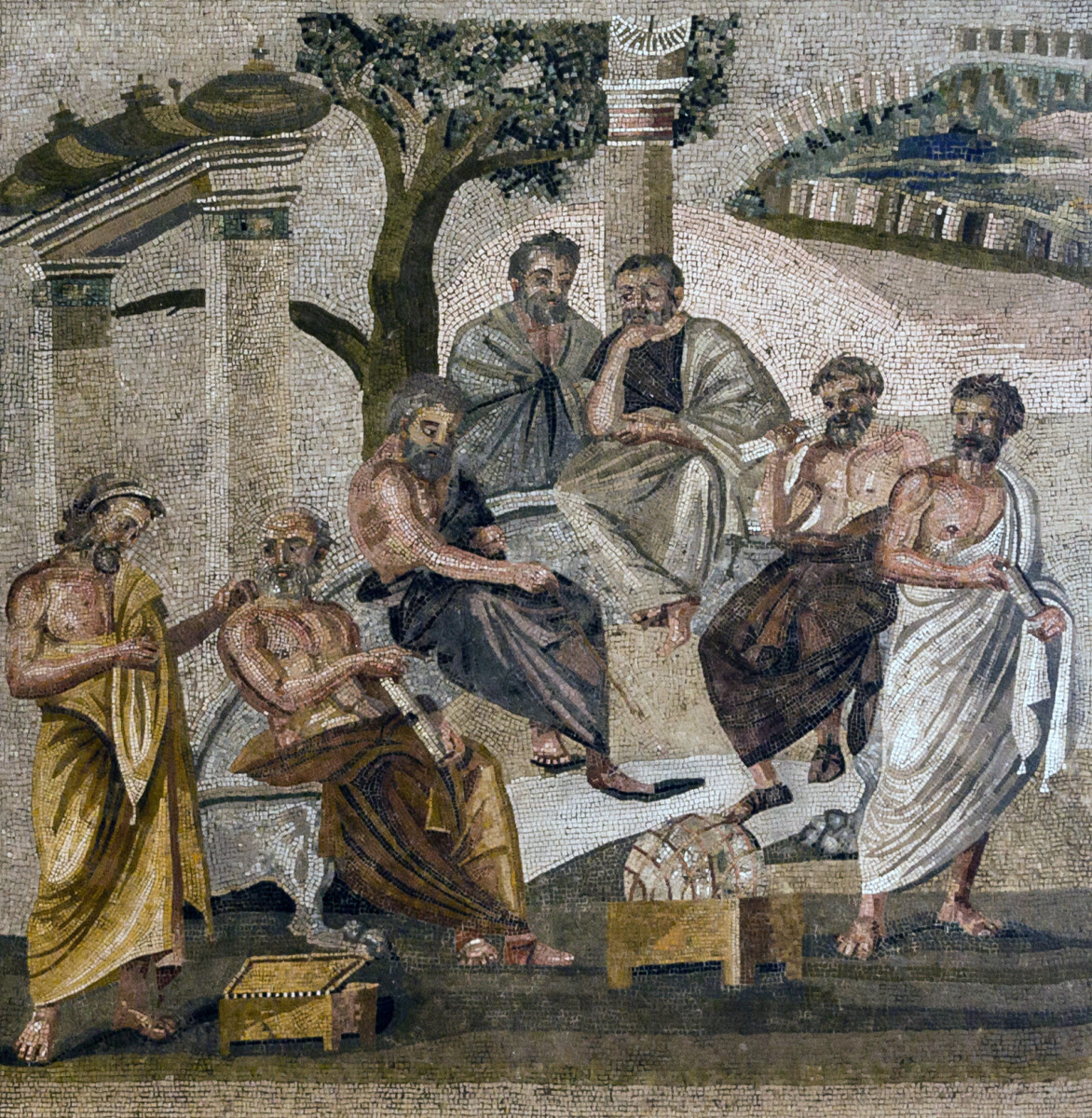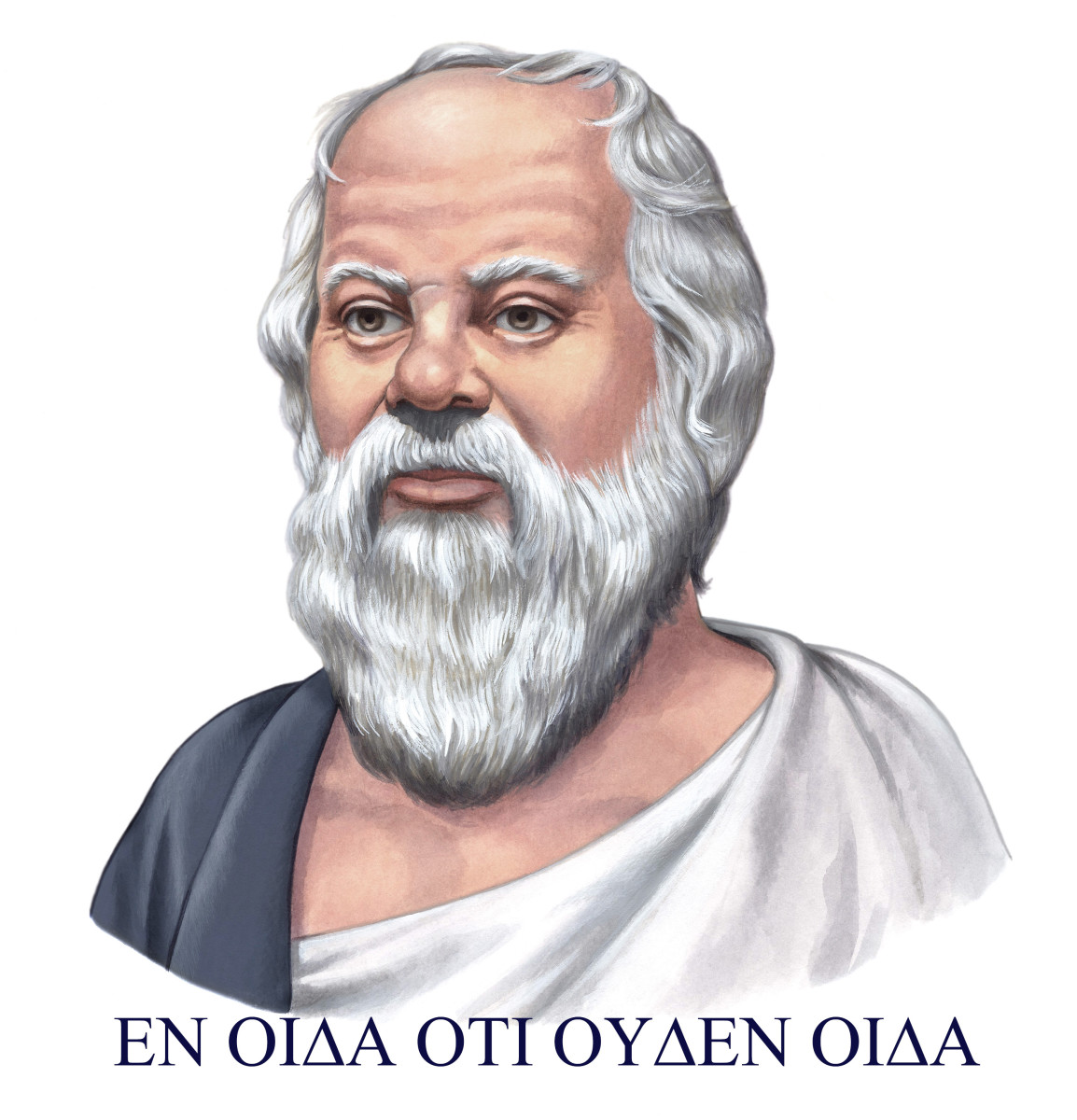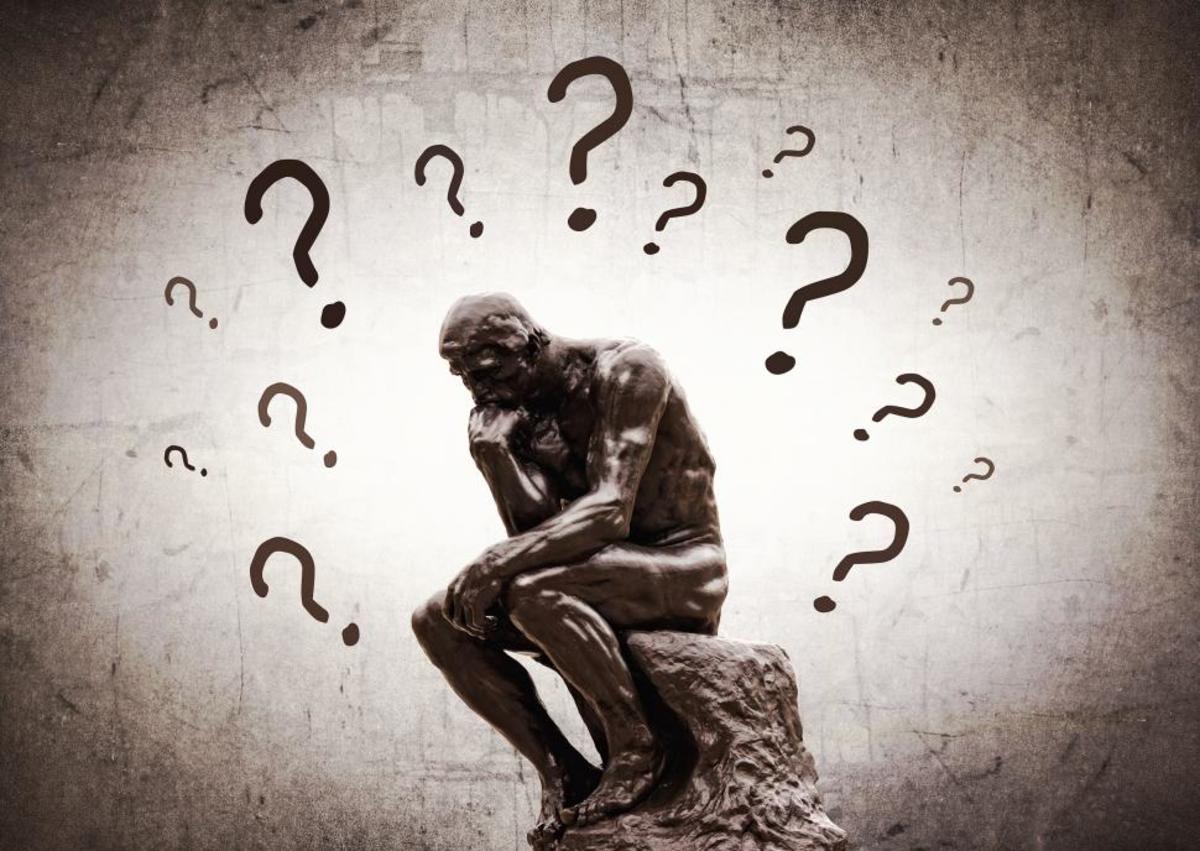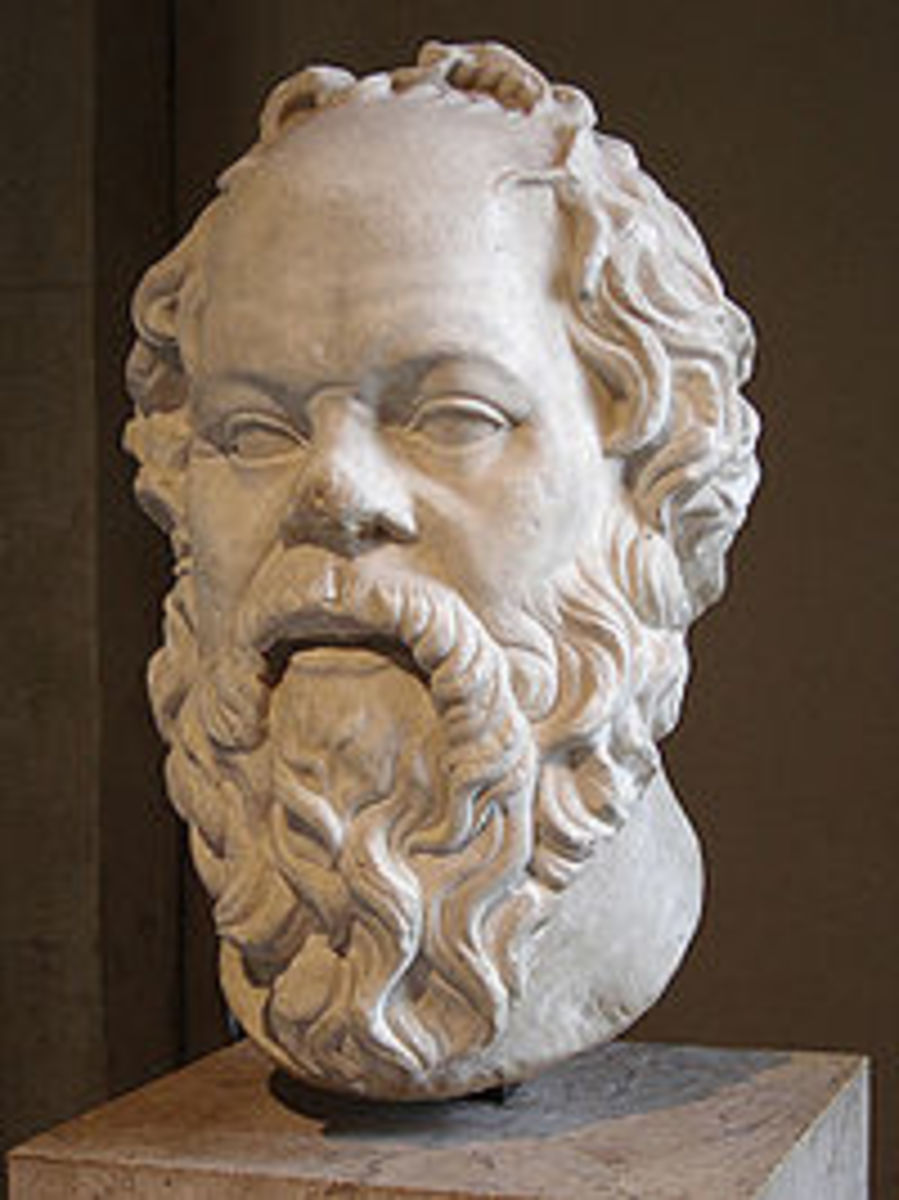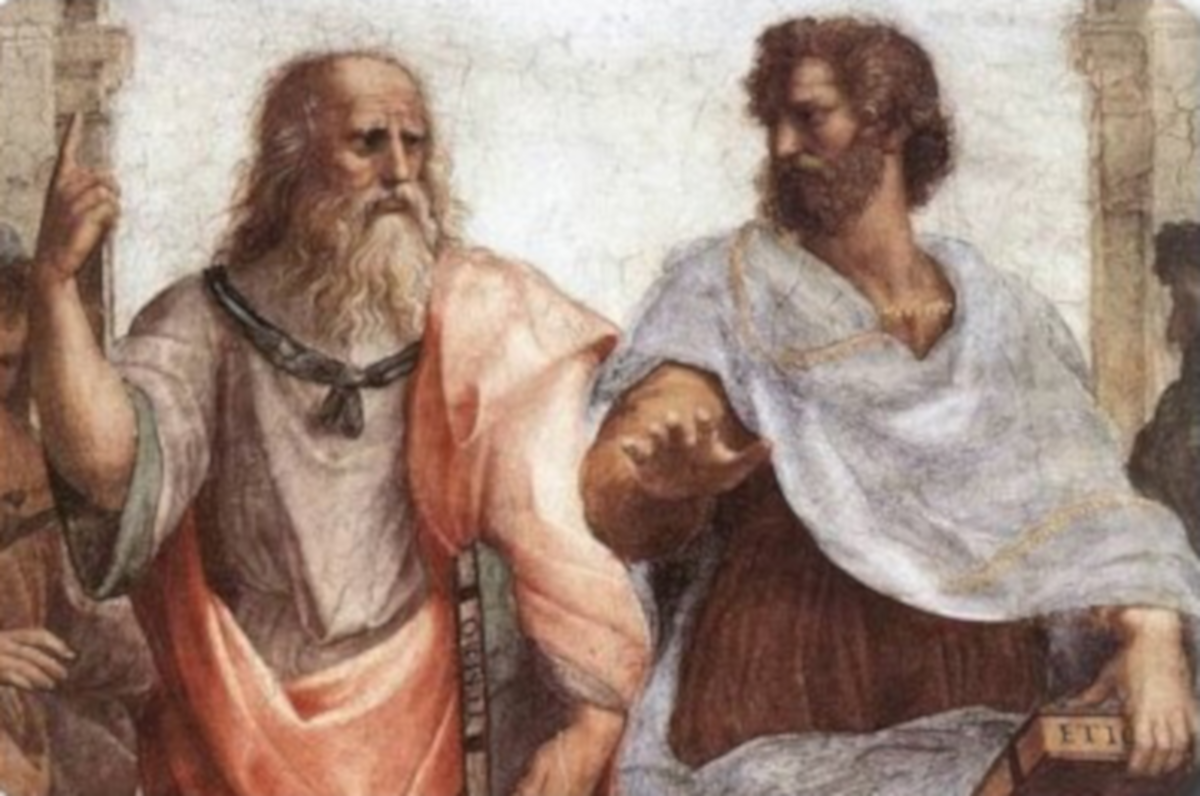Meno's Paradox
Meno's Paradox, Thoughts on Recollection
In the five dialogues of Plato, the “Meno” is a part of the middle dialogues where you begin to see more of Plato’s ideology rather than Socrates. There are many concepts laid forth within the Meno such as the meaning of knowledge, or true virtue but when Meno and Socrates try to find the ultimate meaning of virtue there is a contradiction to the very discussion of virtue. How can one seek knowledge that is not known or not seek knowledge but with knowing nothing of it believe they can know. This paradox not only brings forth a fallacy in understanding virtue, but also in the general attainment of knowledge a human has gained through experience.
How can you look for virtue or understand virtue, “when you do not know at all what it is? How will you aim to search for something you do not know at all? If you should meet with it how will you know that this is the thing that you did not know?” (Meno 80d). Socrates in reply to Meno believes humans have this capability known as recollection, on the bases that, “the soul is immortal, has been born often, and has seen all things here and in the underworld; there is nothing which it has not learned.” (Meno 81d). The idea of recollection is very inconsistent in relation to the entire body of humans as a whole in Socrates time of existence and in the current era of two thousand seventeen, though Socrates presented mathematical scenarios to a slave to define recollection, the deduction by one slave cannot atone for the entirety of mankind, not only that but recollection would imply all are intellectually capable to attain any sort of knowledge with simply contemplating, if this were a true factor kids recollecting the knowledge their teachers teach would not fail, those who go to prison once would not go back again, and those who are old who consistently attempt to recollect their memories of their past strenuously would eventually remember rather than never being able to recollect. If recollection were plausible the entirety of the human races capacity to learn would be far more advance in the twenty first century in comparison to such lacking result in the present era.
Many may ask why these ideas can rebuttal recollection. Socrates utilizes recollection on a whim, and also assumed the slave lacked a capacity to understand, there is a very large difference from understanding to pulling knowledge out of nowhere, within the dialogue of Meno if you pay close attention to how Socrates ask his questions his questions already implicate an answer for instance on line 83c, “four times four is sixteen..?” he already has given the slave the answer beforehand and gestures the answer through his mannerisms in speaking. Due to Socrates already implying that the answer is sixteen it only takes a good understanding of body language and tone of voice to truly answer correctly. For example a mother walks into her sons room, and notices he has not done homework, the son comes home from school and the mother comes to him while he’s eating and asks: “son I told you to do your homework, you did it right?” the son due to understanding tone of voice, body and facial expression, and already knowing that he did not do his homework immediately implies his mother knows he did not do his homework, and states “no mom I did not” because he already knows that his mom knows. Is this a recollection of some past life NO, it is simply understanding implication.
The concept of understanding things not actually said is not a factor of recollection but natural bases in humans known as logical implication. Logical implication is defined as “a type of relationship between two statements or sentences the translation is “if x/then y” (Rouse).
An example of logical implication would be…
A=If the sky is overcast...
B=Then the sun is not visible
The fact that Socrates assumes the soul can recollect any and all knowledge is understandable because in the times of Ancient Greece concepts of this type of ideology were not refined, it was simply a matter of human advancement, though slow to define this action over time in the time of Socrates existence he achieved accurate answers from the slave of Meno.
The soul may or may not be immortal as Socrates was able to imply the correct answers to the slave of Meno, us as humans can only imply whether the soul is immortal or not, we can only imply that recollection is a valid method to understanding virtue, nonetheless, implication, virtue and the soul are not as valid as logical implication, but whims and assumptions humans will never know because it can only be understood when we are dead, and that is if there is anything after death.
Sources
Rouse, Margaret. "What Is Logical Implication? - Definition from WhatIs.com." WhatIs.com. Margaret Rouse, 5 Sept. 2005. Web. 17 Oct. 2016.
Plato, and G M A Grube. Five Dialogues: Euthypho, Apology, Crito, Meno, Phaedo. Ed. John M. Cooper. Second ed. Indianapolis: Hackett Publishing Co, 1981. Print.
© 2017 niphilheim

